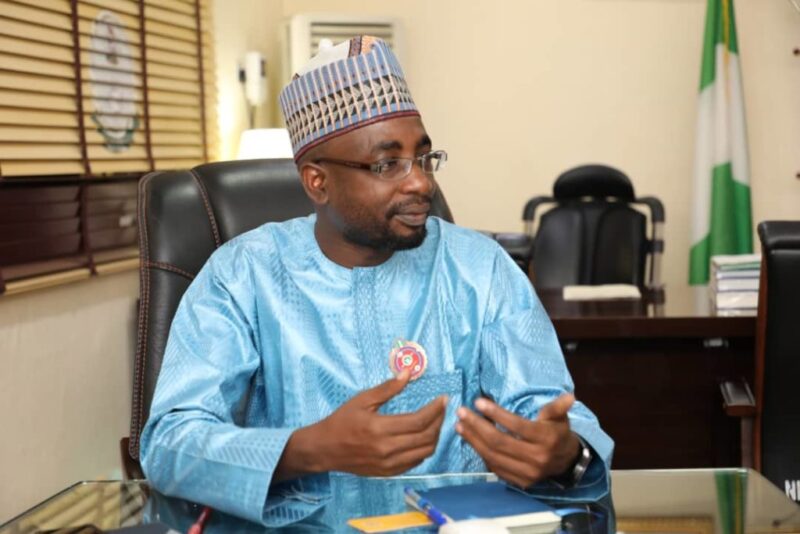The Director-General of the National Information Technology Development Agency (NITDA), Kashifu Abdullahi, has urged leaders in both public and private sectors to embrace purpose driven culture and performance focused systems in order to reposition enterprises and government institutions for development.
Speaking at the third Biennial Corporate Governance and Enterprise Development Conference hosted by the Centre for Enterprise Governance in Lagos, Abdullahi recounted his own experience transitioning from a fast paced tech environment into government, where rigid structures often hinder innovation and development.
He noted that in technology, the principle is to build now and perfect later, but in government, change is often resisted with the excuse that “this is how we do things.”
SPONSOR AD
He described this mindset as a major obstacle to progress, stressing the need for leaders to reorient staff and break away from conventional wisdom.
“So when I came with a disruptive mindset that I want to change things, I don’t believe in the status quo and I don’t believe in conventional wisdom. I believe in getting things done. So it was a big challenge for me because I have to get my staff to change their mindset and also have to get them to build their skill set. It was a difficult and a challenging task for any leader to reorient the culture in a big organization or maybe a government because more than 80 per cent of NITDA’s staff came from the mainstream public service,” he said.
The DG whose lecture was titled, “Redefining Enterprise Leadership in a Changing Nigeria: Artificial Intelligence, Protectionism and Governance in Focus,” explained that reshaping workplace culture in government required deliberate effort, saying that the agency began with cultural orientation to help staff understand the importance of purpose.
“In government mostly we have this mindset whether I work or not I will get my salary at the end of the month and those people see it as they are here to collect their own share of the national cake. That’s how most people see government work but it is beyond that. There is life after work. If you don’t use the opportunity in office to build yourself after office you become irrelevant,” he added.
According to him, many government agencies cannot define why they exist, but NITDA has since adopted a framework focused on being purpose driven, performance focused, and principled.
“Most government agencies if you ask them why they exist they don’t know. Some don’t even know their mandate. So you have to get everybody in the organization to understand why you exist,” he noted.
He added that the agency also developed guiding principles, beginning with creating clarity in communication, unleashing energy, building trust, among others.
The DG stated that the future of Nigerian enterprise depends on three things: strong leadership, smart openness and effective AI governance.
In his opening remarks, the Founder and CEO of the Centre for Enterprise Governance, Dr. Adeyinka Hassan, warned that Nigeria risked falling further behind in the global economy if leaders failed to embrace innovation and good governance.
“We gather today at a moment when leadership and enterprise are being reshaped before our very eyes. Artificial intelligence, economic protectionism, and shifting governance structures are no longer distant debates, they are realities defining how we work, how we govern, and how we compete,” he said.
He stressed that while 78 per cent of companies worldwide have adopted artificial intelligence, Africa still lags behind, raising concerns of a widening digital and economic divide.
“Leadership today is not about titles. It is about adaptive intelligence, the courage to embrace technology without losing our humanity, the wisdom to drive innovation even in protectionist times and the integrity to uphold governance that is not cosmetic, but transparent, inclusive, and bold,” he added.
Secretary to the Government of Ogun State, Olatokunbo Talabi said governance remains the bedrock for enterprise development. He called for strengthening of institutions and promotion of regulatory clarity.
“For us as a government, we are scaling ourselves up, in Ogun we are ready to work with people that can take us to the next level,” he added.








